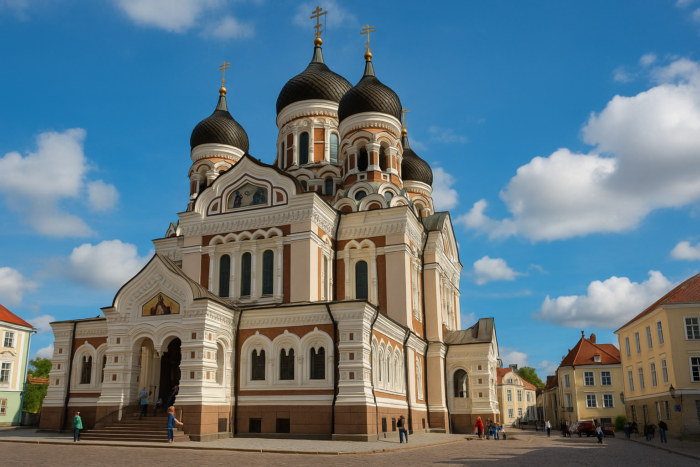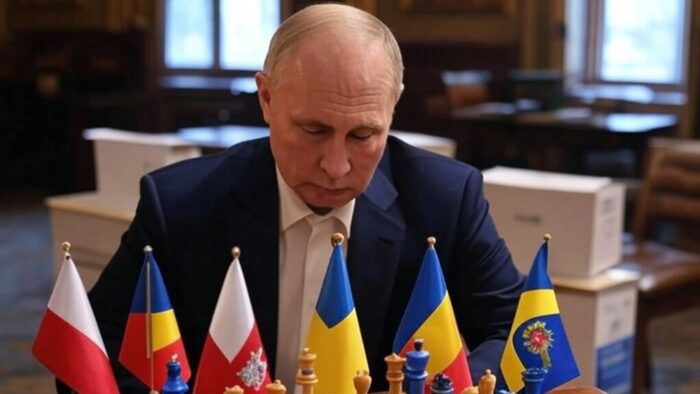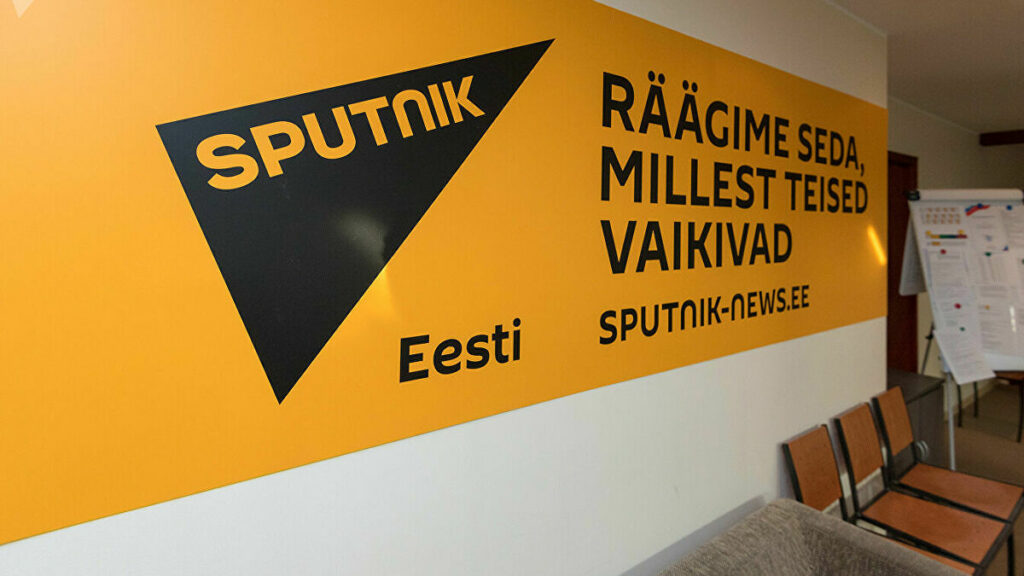The Estonian Internal Security Service (KAPO) reported earlier this year on Russia’s various influence operations in Estonia. The report details how Russia uses disinformation about NATO, Estonian history, and Estonia’s Russian-speaking population, as well as how it uses the Russian Orthodox Church as an influence tool, According to KAPO’s Annual Review 2021:
As arguments about the coronavirus did not bear fruit, the Kremlin’s influence activities turned to traditional subjects placed in the context of the pandemic. Criticism was aimed at NATO (national defence spending versus healthcare spending) and the lack of rights and information for the Russian-speaking population during the restrictions on movement. […]
In order to increase the influence of the Moscow Patriarchate, the Kremlin has scaled up the activities of the church in its neighbouring countries, as was evident in Estonia last year, when one of the local leaders of the Moscow church spoke in Tallinn on the favourite subject of Kremlin propaganda. The church leader argued at a public event that any approach to World War II differing from the Kremlin’s narrative was a criminal rewriting of history. […]
The Kremlin’s activists in Estonia talk a lot about the importance of involving young people, but they are not actually interested in involving the young generation. Young activists would jeopardise their incomes, their apparent position in the community and their working relationship with the Russian Embassy. However, the involvement of people close to the activists in events related to the Russian Federation is encouraged. Generational renewal is encouraged only within the family: the children of former Night Watch activists are now taking over their parents’ role. Work with young people has two main purposes. 1. It is a priority of the Kremlin’s policy of division, which Russian embassies are required to follow. 2. Due to the importance of the topic, youth pro- jects are funded as a matter of priority, which often means a small but stable income for the organisers.
Read the full KAPO report here.
The report identifies the following institutions as Russian influence organizations in Estonia:
- Puškini Institutt (Pushkin Institute)
- Tallinna Vene Keele Kool (Tallinn Russian Language School)
- Euroopa Keelte Kool (European Languages School)
- Eesti Vene Keele ja Kirjanduse Õppejõudude Assotsiatsioon (Estonian Association of Russian Language and Literature Teachers)
- Baltic Youth Alliance
- Reval Media Agency












